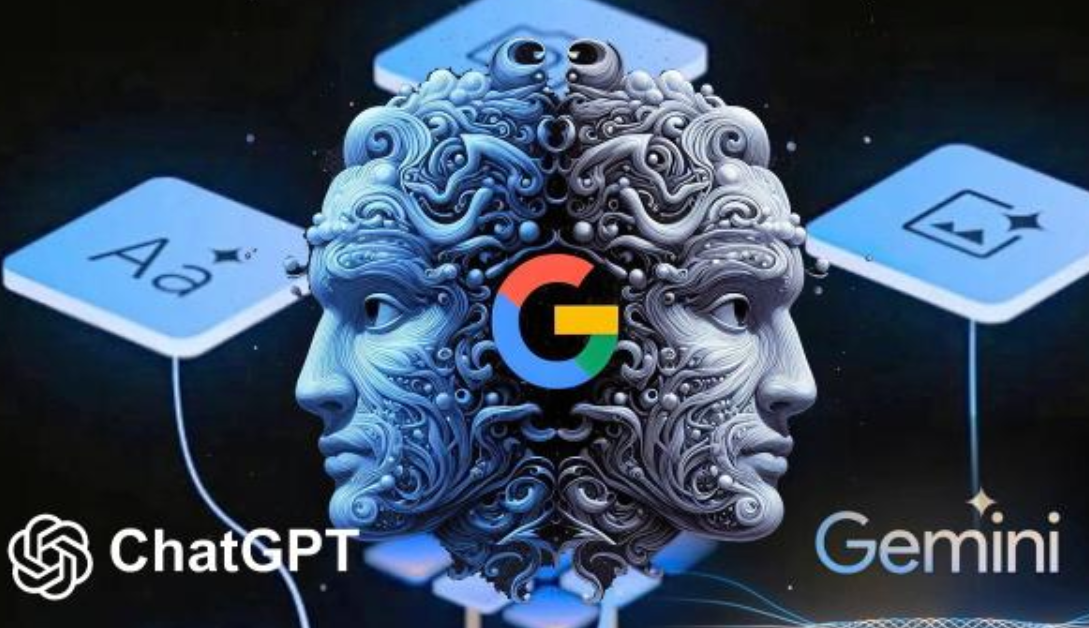Artificial Intelligence (AI) systems, like ChatGPT and Gemini AI, have become central to many industries. From automating customer service to providing data-driven insights, businesses rely on these systems to improve efficiency and outcomes. However, not all AI systems are created equal, and evaluating their performance can be challenging.
Understanding AI system performance goes beyond the surface level. It involves analyzing various aspects to ensure that the AI not only meets current needs but also remains effective as your business evolves. In this blog post, we’ll explore the key factors you need to consider when evaluating AI systems, helping you make informed decisions that can shape your business’s future success.
1. Accuracy and Precision: The Foundation of Effective AI
When it comes to evaluating AI system performance, accuracy and precision are at the core. ChatGPT, for instance, is designed to generate human-like responses, but how accurate and precise are these responses?
- Accuracy refers to the system’s ability to produce correct results. For example, if you’re using ChatGPT for customer support, it needs to accurately answer user questions. If the responses are off-target or confusing, it can frustrate customers and potentially harm your brand.
- Precision, on the other hand, goes one step further. It ensures that the AI not only gets the answer right but is also relevant to the specific context. This is crucial in situations where nuanced, detailed responses are required, such as when using Gemini AI for medical diagnostics or financial predictions.
Why does this matter?
Inaccurate AI systems lead to poor decision-making, incorrect predictions, or negative customer experiences. A high level of accuracy ensures that the AI performs as expected, while precision ensures that each response or prediction is contextually relevant. Evaluating these aspects is essential for businesses that rely on AI for important tasks.
2. Scalability: Meeting the Needs of a Growing Business
Scalability refers to how well an AI system can handle increasing workloads or data volume as a business expands. Both ChatGPT and Gemini AI are designed to manage growing demands, but can they handle the rapid growth of data, users, and complexity that your business might face?
- ChatGPT might start by managing 50 customer inquiries a day, but what happens when that number grows to 500 or 5,000? Does the system maintain its response speed and accuracy?
- Gemini AI, which can analyze large datasets for businesses, must be able to handle more complex tasks as data volume increases. If the system becomes slower or less reliable as demands increase, it’s not scalable.
Why does this matter?
For businesses aiming to scale, an AI system must keep up with growing needs without sacrificing performance. Imagine you’re a retailer preparing for a major sales event—if your AI chatbot can’t manage the influx of customers efficiently, you risk losing sales. Scalable AI ensures that as your business grows, your technology grows with it, maintaining its performance under pressure.
3. Speed and Latency: Real-Time Performance for Better User Experience
When evaluating AI systems like ChatGPT and Gemini AI, speed is a critical factor. Latency—the time it takes for the system to process and return a result—directly impacts user experience, especially in real-time applications.
For example:
- ChatGPT, which interacts with users in real-time, must provide quick and accurate responses. A slow response can lead to user frustration, making it seem as though the system isn’t effective.
- Gemini AI, used in complex data analysis, must be able to process massive datasets quickly. Delays in processing can hold up critical business decisions, reducing the system’s overall value.
Why does this matter?
In today’s fast-paced world, speed can make or break an AI system’s usefulness. If the system lags or responds too slowly, users will lose trust in its ability to perform. Low latency ensures that AI can deliver rapid responses, keeping workflows smooth and enhancing user satisfaction. Businesses need to evaluate the system’s response time to ensure it can handle real-time demands.
4. Adaptability: AI’s Ability to Evolve with New Data
AI systems are constantly learning and evolving, which means they need to be adaptable. ChatGPT and Gemini AI are designed to improve their responses and predictions over time as they process more data, but not all AI systems are equally adaptable.
- Adaptability refers to the AI’s ability to learn from new data and improve its performance over time. For example, ChatGPT should be able to handle new types of customer inquiries as they emerge. Similarly, Gemini AI should be able to refine its data analysis as new datasets become available.
Why does this matter?
The world is always changing, and so is your business. If an AI system is not adaptable, it will quickly become outdated. You want an AI system that evolves with your business, improving as it learns from new data. This ensures long-term relevance and continued performance improvements, making adaptability a crucial factor in evaluating AI systems.
5. Transparency and Explainability: Building Trust in AI Decisions
Another critical factor in evaluating AI system performance is transparency. As AI becomes more involved in business processes, understanding how decisions are made becomes vital. This is known as explainability—the ability to clearly explain how the AI arrived at a particular conclusion.
- For instance, Gemini AI may provide detailed data insights, but how does it reach those conclusions? Can your team understand the reasoning behind the AI’s predictions?
- With ChatGPT, you may want to know why the AI is providing certain responses, especially if it handles customer interactions. If the AI gives incorrect or unexpected answers, transparency helps you track down the issue and resolve it.
Why does this matter?
Without transparency, businesses may struggle to trust AI-driven decisions, especially in high-stakes industries like finance, healthcare, or legal services. Explainable AI ensures that both users and stakeholders can understand how the AI system works, fostering trust and confidence in its performance. Transparent AI systems also make it easier to fix issues, fine-tune operations, and maintain accountability.
6. Security and Privacy: Protecting Data in AI Systems
One often-overlooked factor when evaluating AI performance is security. AI systems, particularly those handling sensitive customer data, need to ensure that privacy and security are top priorities.
- ChatGPT may interact with users and handle private conversations, while Gemini AI could process sensitive data from various industries. Both systems need robust security measures to prevent data breaches and maintain user privacy.
Why does this matter?
Data privacy is becoming increasingly important, especially with regulations like GDPR. An AI system that doesn’t prioritize security can expose your business to serious risks, including data theft, legal consequences, and loss of customer trust. Evaluating the security protocols of your AI system ensures that it meets industry standards and protects sensitive information.
Conclusion
When evaluating the performance of AI systems like ChatGPT, Gemini AI, or others, it’s important to look beyond the initial features and dig deeper into the critical factors that affect their long-term success. From accuracy and scalability to speed, adaptability, transparency, and security, each factor plays a vital role in how well the AI performs in real-world applications.
By considering these factors, businesses can select an AI system that not only meets their current needs but continues to deliver value as they grow. Evaluating AI systems carefully ensures you invest in technology that will adapt, scale, and perform reliably, driving both short-term and long-term success.









